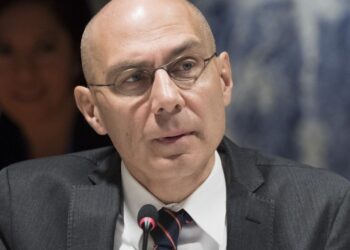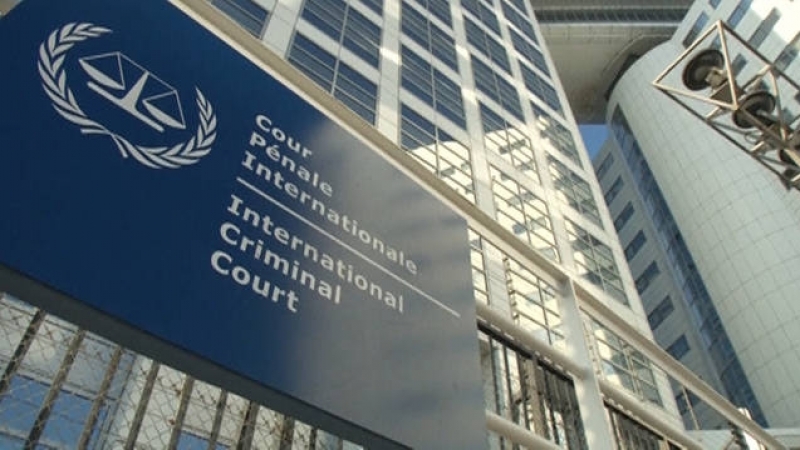Human Lives Human Rights: One of the serious contradictions of the Saudi government in recent years are its attempts to apply for the membership of the UN Human Rights Council and its clear support for terrorism in the Middle East.
According to Al Mayadeen quoting an interview with the director of Al-Mulahim Institute: The Saudi coalition has always tried to deny any connection to al-Qaeda and has refused the claims of asking for help from this terrorist organization, the current emir of Al Qaeda Khalid Batarfi said: “We took part in the war against the Houthis on 11 fronts.”
The information was revealed while the spokesman of the Yemeni Armed Forces had previously stated: “Takfiri groups tried to reach some areas of Al-Bayda province with their activities and movements. The Saudi government equipped the Takfiris with weapons and supported them to facilitate the entry of large numbers of foreign Takfiris into the target areas,” emphasizing that the upgradation of the Takfiri groups was done within the framework of the American plan.
According to Iraq today, the Saudi support for al-Qaeda takfiri terrorists came as Iraqi forces entered the ISIL front in Iraq and seized important ISIL documents as well as the names of the terrorist network registered in the old part of the city. Also, in its clashes with ISIS in the Samarra region, Iraqi security forces killed a high-ranking Saudi officer along with a Saudi journalist.
These documents show that Saudi Arabia, in addition to widespread support for al-Qaeda in the Yemeni war, Saudi Arabia provided military, logistical and intelligence support to ISIL forces in the Iraq.
Iraq Today, quoting a Qatari newspaper that it did not want to be named, reveals important documents about Saudi Arabia’s connection to ISIL during the war in Mosul as follows: Abu Hafsa al-Saudi, one of the leaders of ISIL, got killed as he attempted to flee from the right bank of Mosul which the newspaper said shows Saudi Arabia’s role in extending operations against ISIL and draining billions of dollars from the Iraqi treasury in its war against ISIL. It also reveals that the recent killing of a high-ranking Saudi security official near Samarra, took place after Qatar refused to accept the financing of this terrorist network.
The Qatari newspaper then quoted Simon Henderson, director of the Bernstein Program on Gulf and Energy Policy at The Washington Institute, as saying: “Saudi Arabia recruited ISIS to regain control of the Middle East. The defense of the ISIS network in Iraq and Syria was carried out with the broad support of the Saudi government. Saudi Arabia has even created a safe passage for Saudi citizens and citizens of other countries willing to join ISIL so that they can more easily join ISIL in Iraq and Syria.”
However, the obvious role of Saudi Arabia in its widespread support for al-Qaeda and ISIS terrorists in the Middle East is not hidden from anyone, in addition to the fact that the crimes of these groups in the Middle East are undeniable.
Thus, the unbridled activities of the Saudis in promoting terrorism in the region, along with the violation of the rights of minorities and dissidents inside Saudi Arabia, have created a major contradiction with the country’s application for membership in the UN Human Rights Council.


















